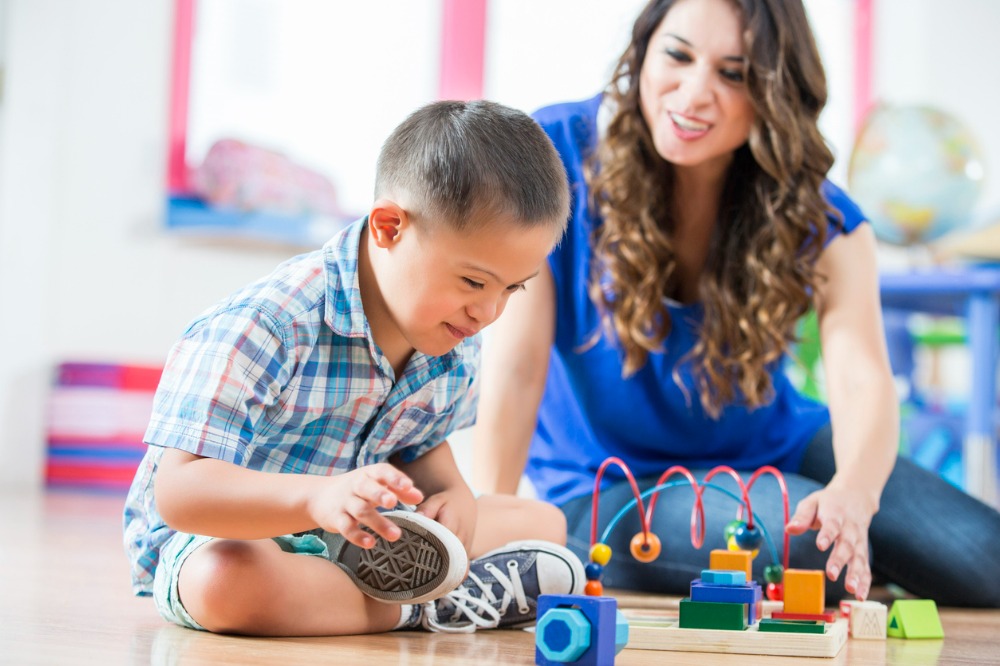
Young people with a disability are Australia’s most vulnerable students, yet research shows that schools are struggling when it comes to supporting their needs.
According to the Australian Education Union’s 2021 State of our Schools survey, 83% of all principals say they do not have sufficient resources to appropriately meet the needs of students with disability at their school.
As for what kind of year 2022 is shaping up to be for school leaders navigating the complex challenges of heading up a special school, that, too is complex.
Matthew Johnson is the president of the Australian Special Education Principals Association (ASEPA) and the 2022 Convenor of the Coalition of Australian Principals (CAP). He says the special education principal role is, even in ‘normal’ times, “one of extreme challenge, complexity, and conflicting pressures.”
“Due to the range of issues and demands faced by our special school leaders today, a greater emphasises must be placed on both understanding needs and providing support, not just to our leaders and teachers but our students and their families,” Johnson told The Educator.
“Essentially, we don’t know what we don’t know.”
Johnston says targeted research needs to be made in the area of wellbeing for principals and leaders in special education to build on the existing data from the annual Principal Health and Wellbeing Survey and to identify tangible actions and supports.
“Our support for each other as leaders across our schools is vital,” he said.
“Many people look at resilience programs and the like, but an individual leaders’ resilience is simply not sustainable without concrete supports, sufficient qualified staff and appropriate time and resourcing to do the job.”
‘We are at a crossroad’
The Australian Special Education Principals Association (ASEPA) is a member of the newly formed Coalition of Australian Principals (CAP).
Johnson says this new coalition of associations has partnered with SchoolTV, an independent resource that streamlines wellbeing content for school communities, to facilitate a series of surveys focused on Principal health and wellbeing.
“Survey data will also complement the annual research conducted by Professor Philip Riley of Deakin University and support new federal and state policy initiatives,” Johnson said.
“We are at a crossroad when it comes to reimagining how we support leaders, teachers, students, and the communities we serve. We can just keep doing what we have always done and expect different results.”
Opportunities for positive change
Principal Nancy Sidoti heads up Victoria’s Yarra Me school, which was recently named the Special Education School of the Year at the Australian Education Awards.
Sidoti says that as schools embark on a new school year educators should be mindful of building their resilience so they can respond to a school environment that’s become dynamic, and at times unexpected.
“It’s also about being proactive and resourced to provide timely mental health supports. For special schools, it’s about understanding how anxiety or depression may look for students with a disability,” Sidoti told The Educator.
“Research is beginning to emerge on how we can best support our students who are presenting with increased mental health risks.”
Sidoti says there is a real opportunity for Social and Emotional Learning to occupy greater space in the curriculum, taught both explicitly and implicitly.
“We know that SEL can significantly improve student wellbeing, behaviour and academic outcomes. However, SEL is not a one size fits all, it needs to consider the culturally and needs of the school community.”


